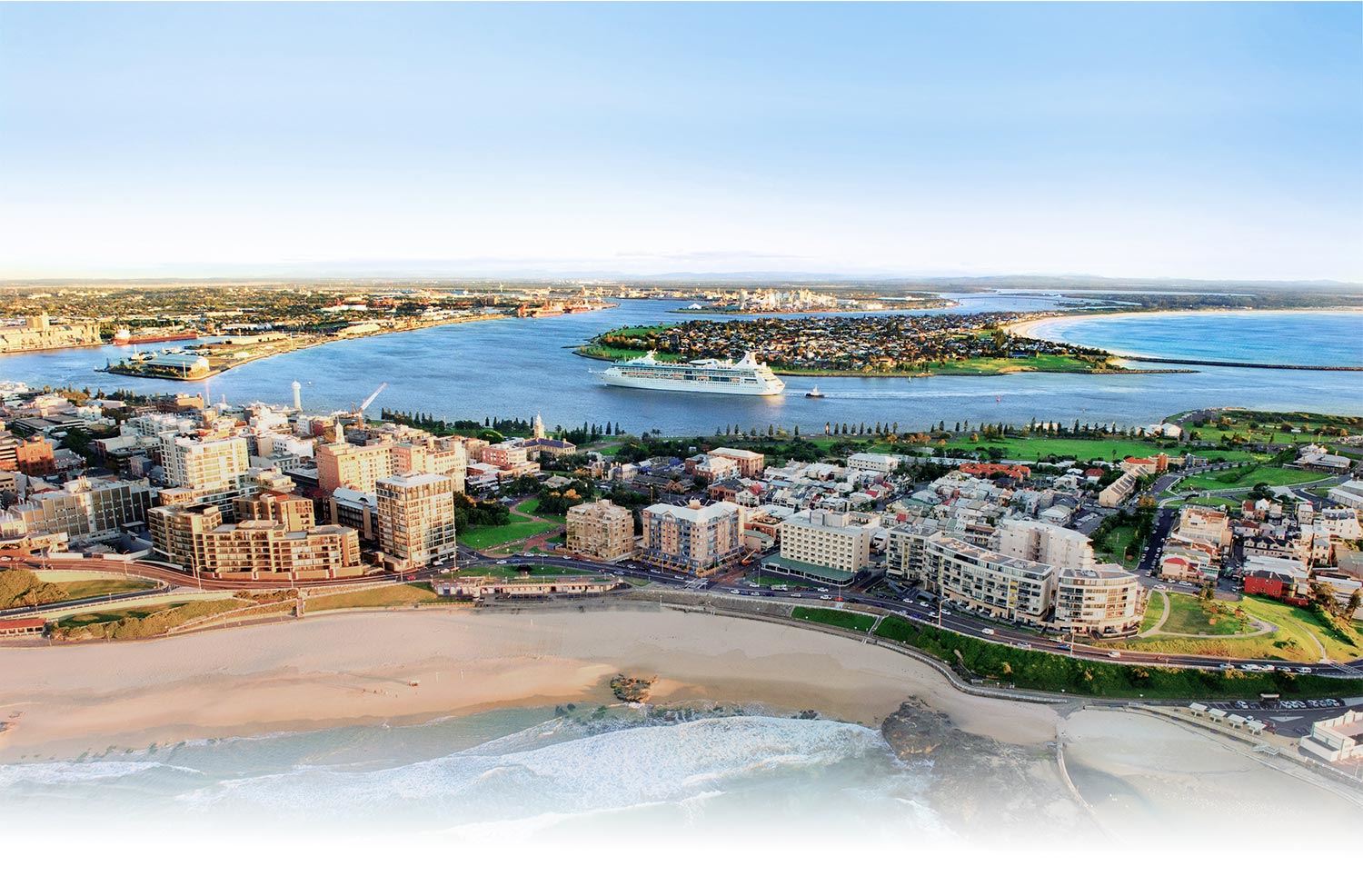
- Development Applications
- Development Information for the Community
-
Building and Construction
-
Building and Development Information Guides
- Advertising Signage
- Air Conditioning
- Asbestos
- Boarding Houses and Co-living
- Building Height Explained
- Carport
- Change of Use
- Demolition
- Fences
- Fire Places - Domestic Oil and Solid Fuel Heating
- Garage
- Home Based Commercial Enterprises (HBCE)
- Home Building Compensation Fund (HBCF)
- Lead Paint
- Mobile Business
- Owner Builders
- Pollution Signs
- Retaining Wall
- Secondary Dwellings - Granny Flats
- Shed
- Shipping Containers
- Short Term Rental Accommodation
- Studio
- Solar Panels
- Subdivision
- Swimming Pool/ Spa
- Temporary Events and Uses on Private Land
- Tiny Houses
- Construction Certificates
- Driveway Inspection Request
- Fire Safety
- Flood Certificates
- Principal Certifier, Building Inspections and Occupation Certificates
- Road Naming
- S10.7 Planning Certificates
- Street Numbering
- Swimming Pool Requirements
-
Building and Development Information Guides
- Strategic Land Use Planning
- Development / Building and Construction / Building and Development Information Guides / Short Term Rental Accommodation
Short Term Rental Accommodation relates to tourist and visitor accommodation commonly known as AirBNB or short stay accommodation. As of 1 November 2021, new legislation was introduced under the State Environmental Planning Policy (Housing) 2021.
The following information is the exempt development criteria for STRA. This means that you will not need to obtain development consent from Council or a Private Certifier if you meet these criteria.
Clause 111 - Hosted short-term rental accommodation is exempt development if it meets the general requirements (clause 113 – see below)
Clause 112 – Non-hosted short-term rental accommodation is exempt development if it meets the general requirements (clause 113 – see below).
(Please note that City of Newcastle is not within the prescribed area that restricts non-hosted STRA to 180 in a 365-day period.)
Clause 113 General requirements
- the dwelling must have been lawfully constructed to be used for the purpose of residential accommodation,
- The dwelling must not be part of the tenanted component of a building,
- the dwelling must comprise, or be part of, residential accommodation other than the following—
- a boarding house,
- co-living housing,
- a group home,
- a hostel,
- a rural workers’ dwelling,
- seniors housing,
- the type of residential accommodation that the dwelling comprises, or is part of, must be permitted with or without development consent on the land on which the dwelling is located,
- the dwelling must be registered on the register established under clause 102C of the Environmental Planning and Assessment (Development Certification and Fire Safety) Regulation 2021,
- the dwelling must not be, or be part of, refuge or crisis accommodation provided by—
- a public or local authority, including the Department of Communities and Justice, the Land and Housing Corporation or the Aboriginal Housing Office, or
- another body funded wholly or partly by the Commonwealth or the State,
- if the dwelling is classified under the Building Code of Australia as class 1b or class 2–9
Note. Part 13A of the Environmental Planning and Assessment (Development Certification and Fire Safety) Regulation 2021 includes fire safety requirements for STRA- the dwelling must have a current fire safety certificate or fire safety statement, or
- no fire safety measures are currently implemented, required or proposed for the dwelling, and
- the dwelling must not be a moveable dwelling within the meaning of the Local Government Act 1993.
- the use of the dwelling for the purposes of short-term rental accommodation must otherwise be lawful, and
- Note. In addition to the requirements set out above, adjoining owners’ property rights, the applicable common law and other legislative requirements for approvals, licenses, permits and authorities still apply. For example—
- section 137A of the Strata Schemes Management Act 2015 provides that a by-law may prohibit a lot being used for the purposes of a short-term rental accommodation arrangement, and
- conditions of development consent, or a lease, may impose additional restrictions.
Should the proposed STRA not meet the above exempt development criteria, development consent will need to be obtained via a Development Application (DA) with Council.
Council recommends engaging an independent town planner to help prepare the documentation needed for a DA. A checklist outlining the documentation required for a change of use DA can be found on our Forms and Checklists page.
All STRAs will need to be registered on the NSW Planning Portal. This is done through the 'My Account' tab
There are fire safety requirements needed when operating a STRA please view the Short-term Rental Accommodation Fire Safety Standard for more information.
NSW Fair Trading has released a Code of Conduction for the STRA Industry.
On 10 April 2020, strata and tenancy laws changed in relation to short-term rental accommodation.
Owners' corporations can adopt by-laws that limit short-term rental accommodation in their strata scheme, by banning it in lots that are not the host’s principal place of residence.
However, if someone lives in a strata property as their principal place of residence, they will still be able to rent out their home or rooms while they live there, or while they are temporarily away.
Read more about managing short-term rental at By-laws in Your Strata Scheme.
Residential tenancy laws have been changed to clarify that short-term rental accommodation arrangements of 3 months or less are not covered by the residential tenancy laws.
host means the owner, tenant or permanent resident of a dwelling who uses the dwelling to provide short-term rental accommodation.
hosted short-term rental accommodation means short-term rental accommodation provided where the host resides on the premises during the provision of the accommodation.
non-hosted short-term rental accommodation means short-term rental accommodation provided where the host does not reside on the premises during the provision of the accommodation.
permanent resident of a dwelling means a person who permanently resides at the dwelling.
short-term rental accommodation means a dwelling used by the host to provide accommodation in the dwelling on a commercial basis for a temporary or short-term period.
tenant has the same meaning as in the Residential Tenancies Act 2010
tenanted component of a building means—
- a dwelling within a development with least 50 dwellings occupied, or intended to be occupied, by individuals under residential tenancy agreements, and
- includes the common spaces and shared facilities provided for the use of the residents of the dwellings.











